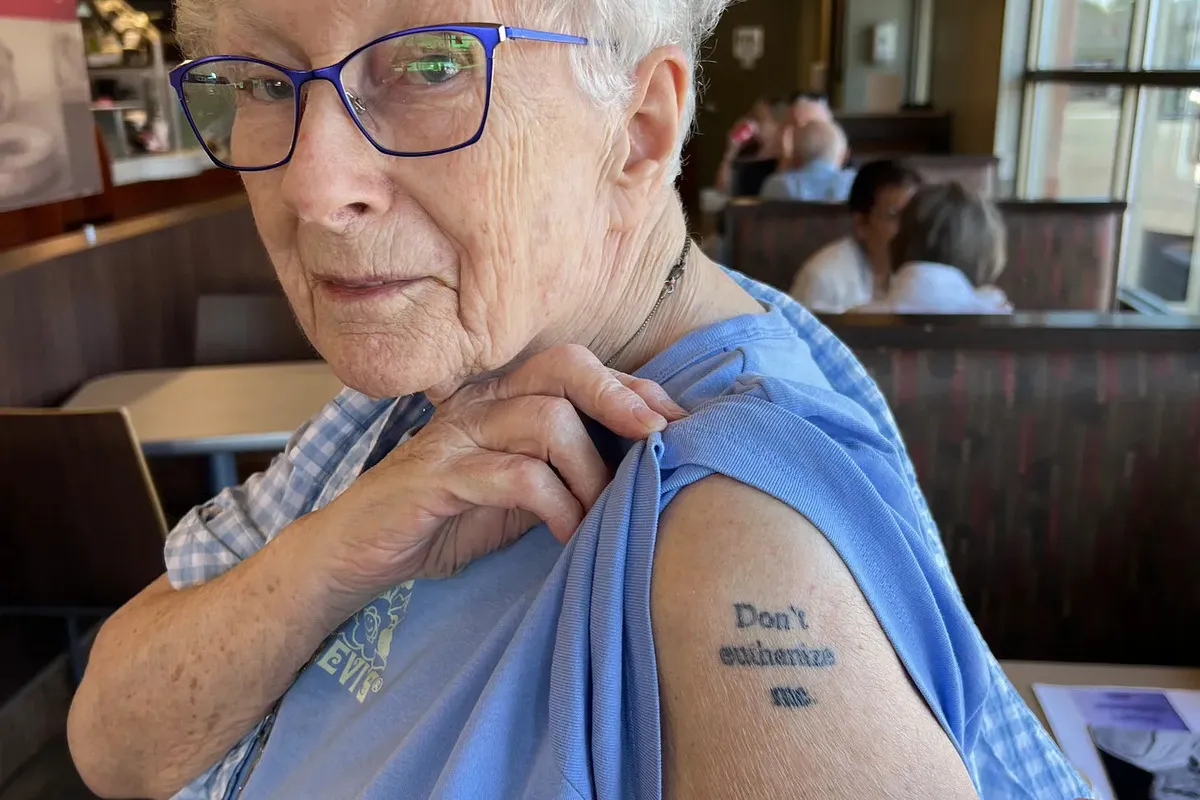
On August 1 of last year, Amanda Achtman made a decision to dedicate every single day to reaching people before euthanasia did in Canada. What followed was a year of meetings, events, and videos that quickly made Achtman a point of reference for patients like Roger Foley and researchers, journalists who often drew from her project Dying To Meet You.
A counterpoint to the storytelling about “compassionate” euthanasia, based on an attempt not to censor but to “humanize” every discourse on suffering, death, and give meaning to the time of illness.
Achtman’s Counterpoint to Euthanasia Storytelling
Achtman’s story, who now works with Canadian Physicians for Life, is that of a young woman raised in Alberta in a Jewish-Catholic family. A character shaped by caring for her Polish-Jewish grandfather, a Holocaust survivor, through his illness and until the end; a master’s degree in the philosophical studies of John Paul II earned in Lublin, Poland; a period as a consultant for a member of the Canadian parliament working to prevent the extension of euthanasia to the disabled; studies completed at the Pontifical Gregorian University in Rome. Then Achtman decided to return to Canada, with the idea of battling the advance of euthanasia, now normalized (more, “romanticized”) by politicians, celebrities, directors, activists until it took on the contours no longer of a right but a duty to die.
To do this, she had to mingle with people, the fragile, the sick, the elderly, on whom cameras or microphones were not turned on. And in those places, she discovered, and had them share, the meaning of their lives, their illness, and how they experienced the unsolicited offering of assisted suicide by doctors and nurses.
“I Can Survive the Pain. Not Being Treated Like a Piece of Meat”
Offering the Maid protocol (Medical Assistance in Dying) as an option for “care” has become a practice in the Canadian healthcare system today: “Pain sucks. We all agree. It’s terrible. I suffer 24 hours a day, 7 days a week. It never stops. I can survive this. I can’t survive being treated like a piece of meat,”
Source link



